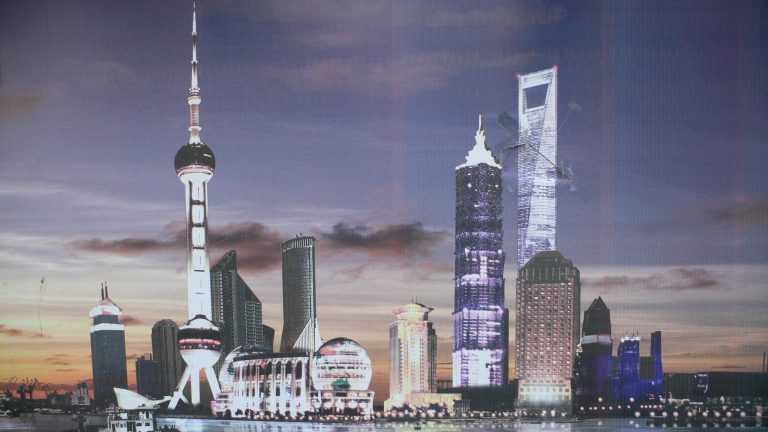The Chinese leadership aims to create a new mechanism that would open up more of the economy to the private sector and lessen state interventionism, according to a May 18 report by the Communist Party-run Xinhua News Agency.
The planned reform comes as the economy suffers severe financial risks and turmoil amid the Chinese Communist Party (CCP) coronavirus pandemic, which has put an unknown but doubtless massive number of Chinese out of work.
Xinhua cited a government document on the reform as saying that the regulation and control mechanism will focus on fiscal, monetary, and employment policy. The document has the stated purpose of boosting the “socialist market economy” by implementing market-based interest rate reform and increasing two-way fluctuation of the yuan.
According to experts and business leaders cited by the Chinese state-run China Daily, the new reform aims at ensuring fair competition, stabilizing the private economy and employment, and fostering “high-quality growth.”
Doomed reforms
Under Chinese leader Xi Jinping, the CCP has embarked on a number of abortive economic reforms, which have sputtered due to underlying contradictions between market liberalization and the Communist Party’s authoritarian system.
Success
You are now signed up for our newsletter
Success
Check your email to complete sign up
“China’s leaders promised sweeping reforms at a key Party meeting in late 2013 but implementation has been slow, frustrating some foreign companies while some local private firms have complained about being treated unfairly compared with state-owned firms,” as Reuters described the policies Xi tried to implement during his first year in power as CCP general secretary.

Chinese leader Xi Jinping and his wife Peng Liyuan. (Image: via Epoch Times )
Instead, various factors have conspired against Xi’s reforms, such as structural resistance within the communist regime, as well as the fact that Xi’s moves to vest power in his central leadership as China’s economy deteriorates have resulted in the infamous phenomenon of guo jin min tui (國進民退), a Chinese axiom that means “the state advances while the private sector retreats.”
Factional struggles between Xi and other forces in the Communist Party appear to have been the direct obstacle to reform. In addition to the lackluster implementation of the 2013 program, Xi’s plans to create a free trade zone in Shanghai also ended without much progress.
Most significantly, following the CCP’s 19th National Congress in late 2017, the Party has not held a third plenary session to discuss economic policy, breaking with the routine in place since 1978.
Economy in decline
According to an August 2019 analysis by SinoInsider, a think tank specializing in Chinese politics, the CCP under Xi has been unable to bring the regime to a consensus on economic issues, including the Sino-U.S. trade war, hinting at his lack of actual authority over the Party. By extension, Xi has also been unable to push through his desired economic reforms.
According to official statistics, the Chinese economy shrank by nearly 7 percent in the first quarter of 2020 due to the CCP coronavirus pandemic. Experts have warned that China’s economic growth has been in significant decline for years as wages increase and investors seek other emerging markets.
In late 2018, China’s Renmin University professor Xiang Songzuo said in a speech that according to internal data, China’s real GDP growth could be negative.
The Chinese authorities claim that the worst of the COVID-19 pandemic is over, but have admitted that economic conditions throughout the country remain challenging.
In addition to private sector-oriented reform, the plans Xinhua reported on also call for medium- and long-term state investment programs into scientific development.
Follow us on Twitter or subscribe to our email list














